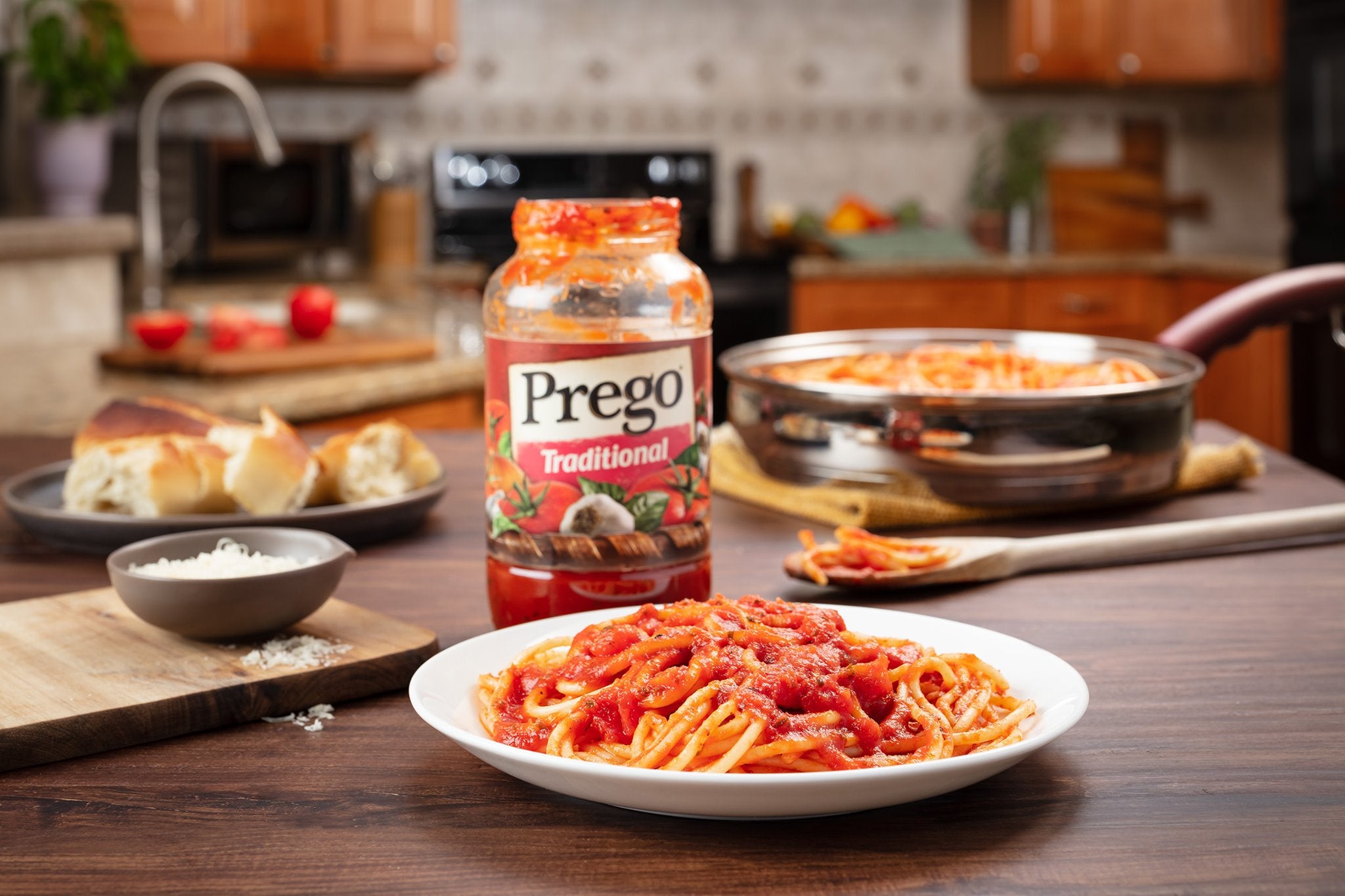
Campbell Soup Co. is positioning for margin expansion in its new fiscal year as moderating inflation leads to cost savings and productivity gains.
Core inflation is anticipated to slow to the low single-digit range, from 6% in the final quarter of the year ended 30 July. It peaked at 18% in the opening three months of fiscal 2023, CFO Carrie Anderson explained, as she noted net pricing of 13% in multiple waves over the 12 months.
President and CEO Mark Clouse, discussing the outlook and the past year’s results with analysts, said cost inflation will be “front-loaded” before “improving” over the rest of the year.
“With that kind of moderation, you are enabling your productivity and your cost savings to be more incremental and get back to driving margin expansion,” Clouse added. “Although we are pointing to a tougher Q1 as many of the dynamics in Q4 still are around, we’re not imagining a significant headwind on gross margins.”
Campbell’s adjusted gross margin ended the 2023 financial year at 31.1%, down a touch from 31.4% in the corresponding 12 months. It fell to 30.6% in the final quarter, from 31.3% in the year-earlier period.
Further pricing was not ruled out, however, given the spill-over of the inflationary effects and the impact on consumer purchasing behaviour. Campbell is still lapping 2023’s double-digit pricing, which is likely to be an initial headwind in the new year before a “sequential volume improvement” kicks in, leading to “positive trends” in the second half.
Volume recovery
Volume/mix for the group was down 4% last year, with a 5% decline in the meals and beverages division (12% pricing) and a 2% drop in snacks (net price realisation 15%).
“We’ve had a couple quarters where arguably, we’ve seen consistent, across a pretty broad-based industry, some slowdown and perhaps a little less volume recovery than what many of us might have originally expected,” Clouse explained during the Q&A session yesterday (31 August).
“As you’re continuing to build and support the brands the way we’ve been doing it, I think that your volume, and the prediction of volumes improving as you get to that more, I would say normal environment, I think that’s going to be one of the catalysts that helps the sequential improvement through the year.”
However, he suggested seasonality around consumer purchases will play a part on the volume dynamics across the two business divisions – soup, for instance, which is less in demand during the summer months than the autumn and winter period. What Clouse described as a “bifurcation between seasonal categories”.
He added: “We see a migration to categories and purchases that enable consumers to feed a greater number of family members or a greater number of servings. So you see things like pasta, rice, pasta sauce, our cooking condensed soups, hold up and do very well.
“Some of our more single-serve, maybe a little bit more individual products, have been a little bit more impacted by this recent kind of consumer tightening.
“I expect that to continue. But as inflation perhaps moderates through the year, I would expect some of that pressure, or some of that more return to normal, to be present across the fiscal year, although I do see very much especially in the first part of Q1, where we’re still in that summer season.”
Division margins
With respect to the outlook, Campbell is gearing for “accelerated growth and margin improvement in snacks, and sequential and steady improvement in meals and beverages throughout the year”, Clouse said.
The operating margin for snacks is expected to be above 15%, with “modest operating margin expansion” in meals and beverages expected in the second half of the year. The latter will no doubt be aided by the acquisition of the Sovos Brands Italian sauces and meals business, which is set to be completed by the end of December.
Snacks saw an operating margin improvement last year of 130 basis points to 14.4%, while meals and beverages dipped to 18.2% from 19%.
Elsewhere in the outlook, 2024 reported net sales are anticipated in a range of down 0.5% to up 1.5%, with organic growth expected at flat to a positive 2% as the pricing influence wanes.
Both adjusted EBIT and earnings per share growth are seen at 3-5%, with an adjusted EPS print of $3.09-3.15.
Campbell booked net sales in fiscal 2023 of $9.4bn (+9% reported, +10% organic) and adjusted EBIT growth of 5% to $1.4bn. Adjusted EPS was $3.00, a 5% increase.
